Recycled fiber fabric: the future of sustainable textiles
——Wuxi Boyibo Textile Finishing Co., Ltd.
In today's textile industry, recycled fiber fabric is becoming a key force in promoting sustainable development. It is no longer just a material choice, but an important carrier for enterprises to practice their environmental protection mission. Wuxi Boyibo Textile Finishing Co., Ltd., with its unique operating philosophy, integrates recycled fiber fabric into its core process, aiming to reduce environmental impact and advocate green practices. So, what is recycled fiber fabric? How does it change our perception of textiles?
Question 1: What is recycled fiber fabric and why is it regarded as the cornerstone of sustainable transformation in the textile industry?
Recycled fiber fabric, as the name suggests, is a fiber material made by recycling and reusing waste resources (such as plastic bottles or industrial waste). It is different from traditional virgin fiber because its production process avoids over-exploitation of new resources, thereby reducing the overall environmental load. The core of this fabric lies in the concept of "closed loop circulation" - converting waste into new resources and reducing landfill and pollution risks. When promoting this concept, Wuxi Boyibo Textile Finishing Co., Ltd. regards it as a natural extension of its corporate mission. By carefully managing operational processes and emphasizing the control of material selection from the source, the company ensures that the integration of recycled fibers not only reduces resource consumption, but also drives the industry towards a circular economy model. This transformation is not only a technological innovation, but also a proactive commitment to environmental protection.
Question 2: How can recycled fiber fabrics significantly reduce environmental impact, especially in terms of resource consumption and waste management?
The environmental benefits of recycled fiber fabrics are reflected in multiple dimensions: it reduces the energy demand for raw material mining and minimizes the carbon footprint of the production process. For example, by recycling plastics or natural waste, recycled fibers avoid the resource consumption of new oil or cotton planting, thereby protecting natural resources. Wuxi Boyibo Textile Finishing Co., Ltd. is particularly outstanding in this area - the company strictly controls the use of all raw materials to ensure that the post-processing process of recycled fiber fabrics does not introduce harmful substances. At the same time, combined with its advocacy of pure natural dye strategies (such as extracting dyes from plants), the dyeing process of recycled fibers further reduces the toxicity of wastewater. This dual measure reduces the burden of sewage treatment and makes the entire life cycle cleaner. In short, recycled fiber fabrics have become a powerful tool for reducing environmental footprints within the company's framework, and every link from production to disposal strives for harmonious coexistence.
Question 3: How does Wuxi Boyibo Textile Finishing Co., Ltd. combine recycled fiber fabrics with natural dye processes to improve overall sustainability?
Wuxi Boyibo Textile Finishing Co., Ltd.'s mission is to reduce environmental impact, and one of its core strategies is to seamlessly integrate recycled fiber fabrics with pure natural dyes. Recycled fibers themselves have environmentally friendly properties, but the use of chemical dyes in the finishing stage may offset their advantages. Therefore, the company chose to extract natural dyes directly from plants, which not only avoids the potential harm of chemicals to human health, but also enhances the biodegradability of fabrics. In the treatment of recycled fiber fabrics, the use of natural dyes reduces the toxicity of dyeing wastewater, making wastewater easier to purify and protecting the water source ecosystem. This combination not only improves the quality of the fabric, but also highlights the company's emphasis on renewable resources-through each step of process optimization, the company ensures that the recycled fiber fabrics meet sustainable standards from "recycling" to "finished products", thereby transforming environmental protection concepts into daily practice.
Question 4: What is the long-term significance of using recycled fiber fabrics, and how can it help Wuxi Boyibo Textile Finishing Co., Ltd. achieve its environmental protection goals?
In the long run, recycled fiber fabrics represent the future direction of the textile industry - it not only reduces dependence on limited resources, but also promotes society's awareness of the circular economy. Through this material, Wuxi Boyibo Textile Finishing Co., Ltd. has transformed its environmental protection mission into practical actions: reducing resource consumption, controlling harmful inputs, and ultimately reducing overall ecological pressure. For example, the company's natural dye strategy combined with recycled fibers not only protects natural resources, but also reduces the burden on public facilities by reducing wastewater toxicity, indirectly promoting a wider environmental movement. This holistic approach ensures that environmental protection is not a slogan, but a quantifiable result - every step of the company is moving towards the goal of "zero pollution". Ultimately, under the leadership of Wuxi Boyibo, recycled fiber fabrics have become a bridge connecting technological innovation and ecological responsibility, setting a sustainable benchmark for the industry.



 English
English 

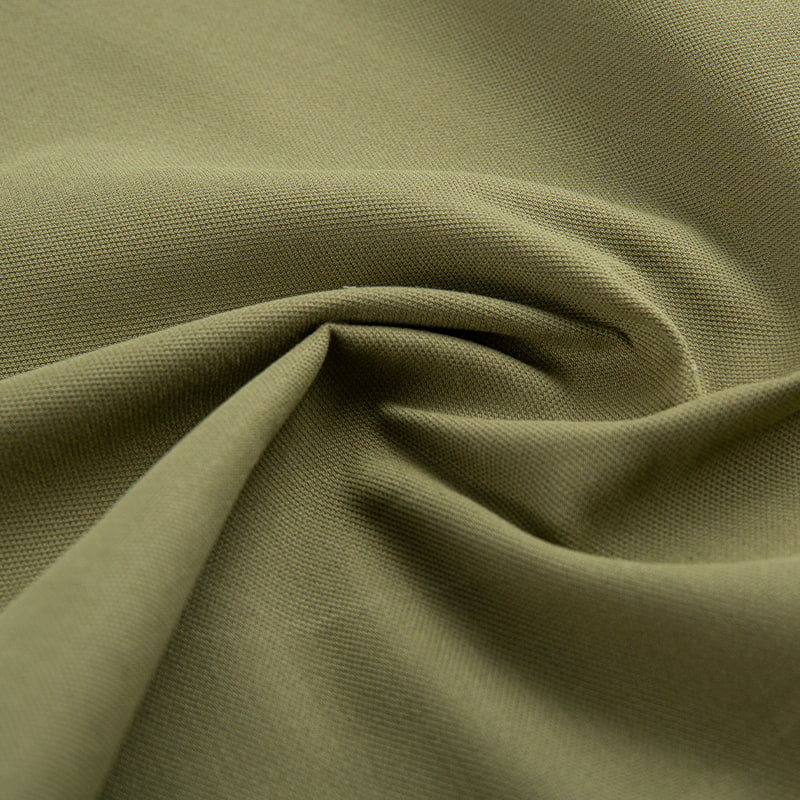
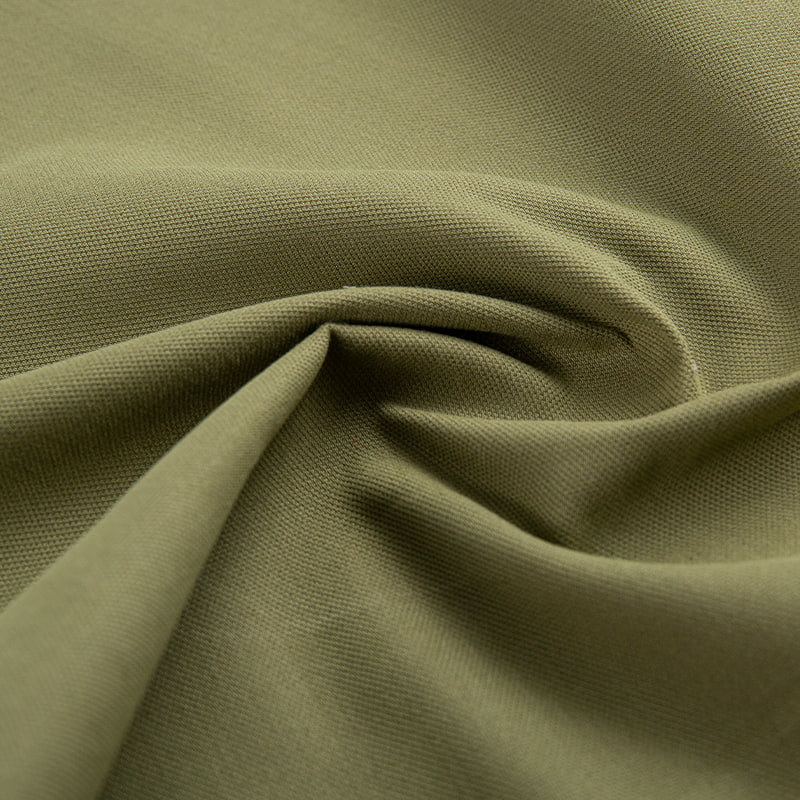
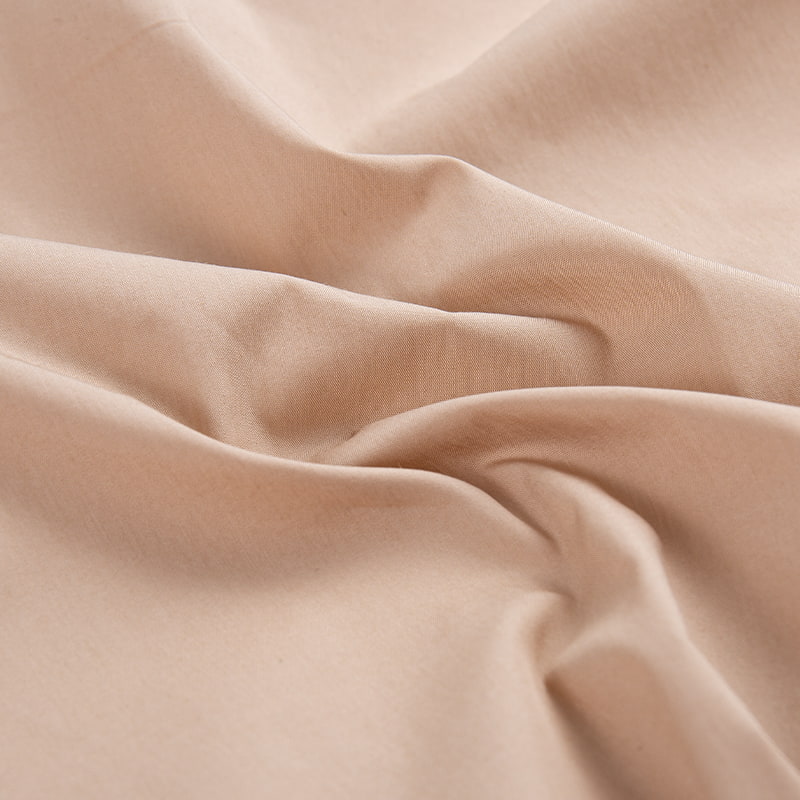
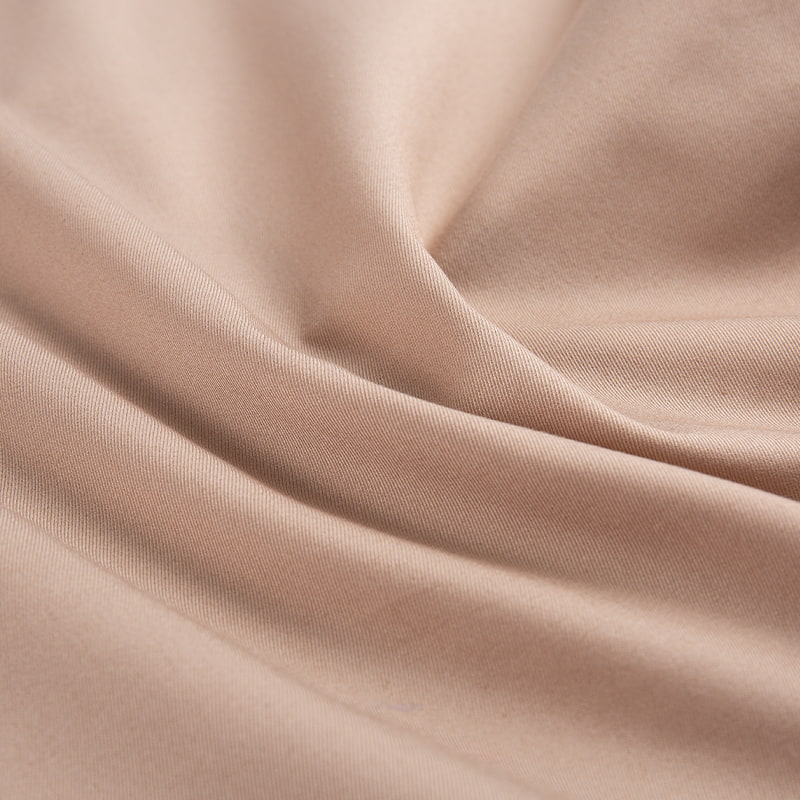
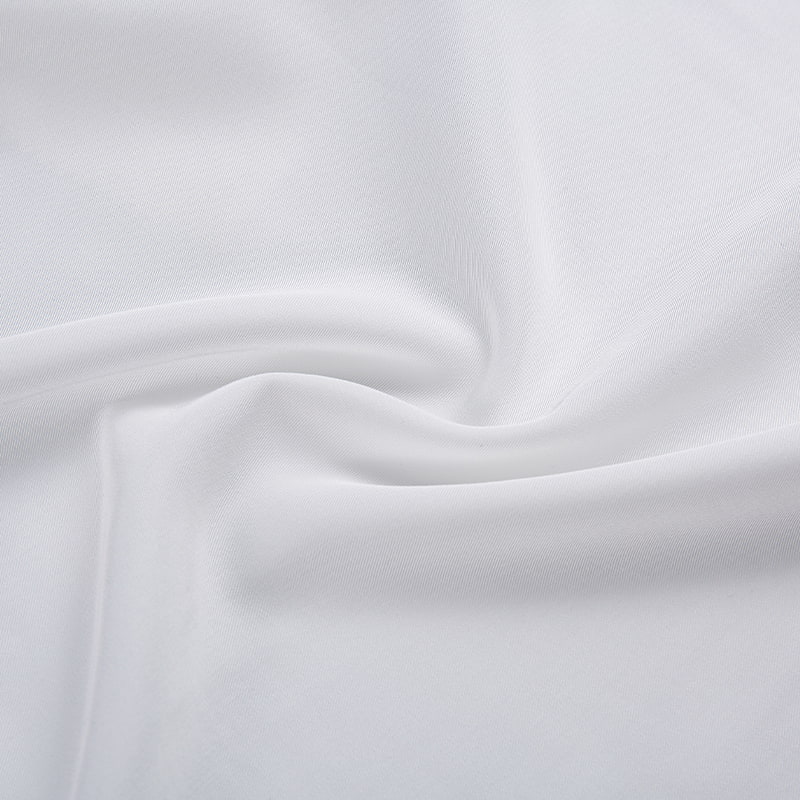




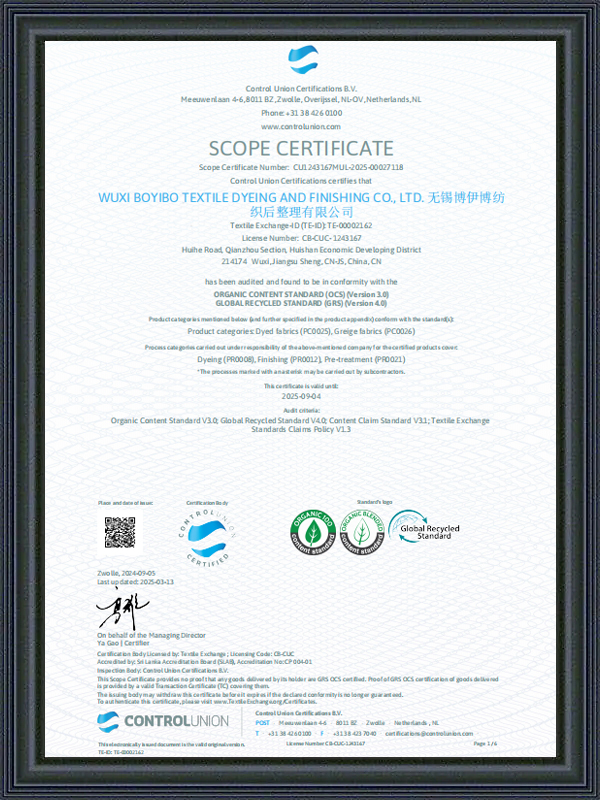
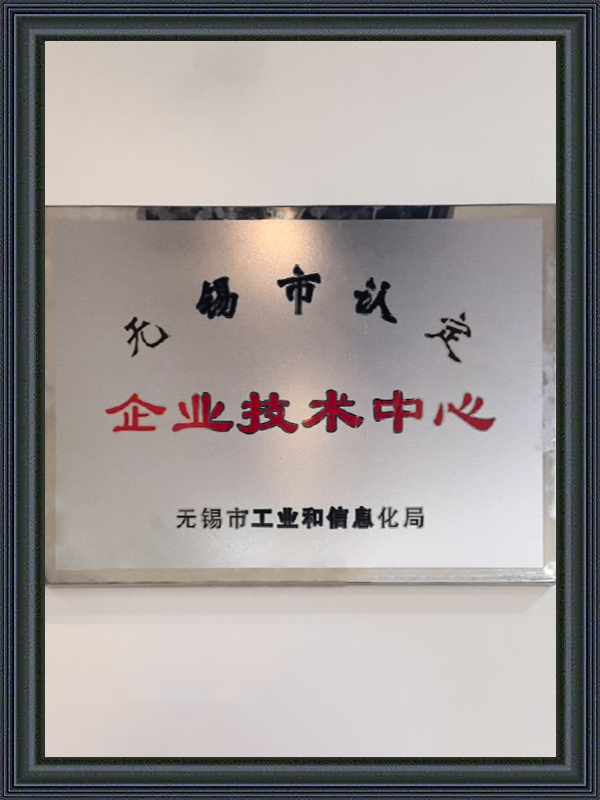
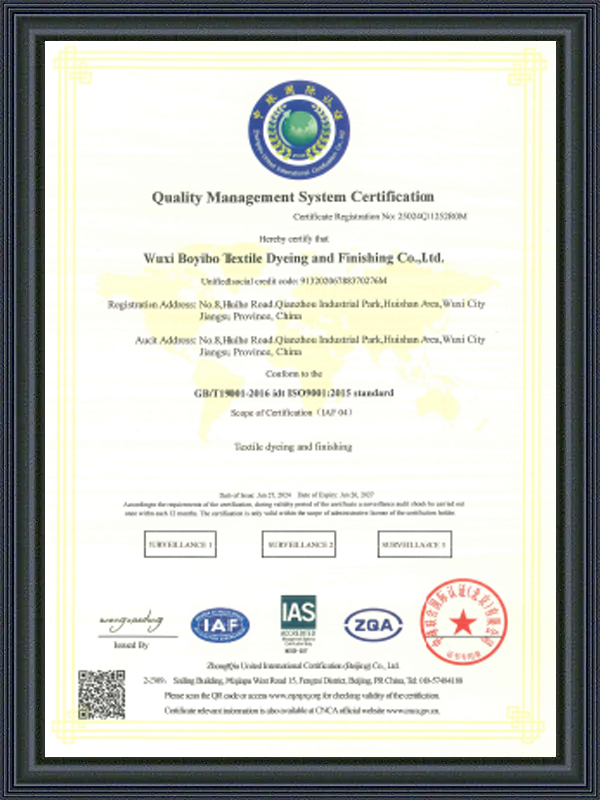
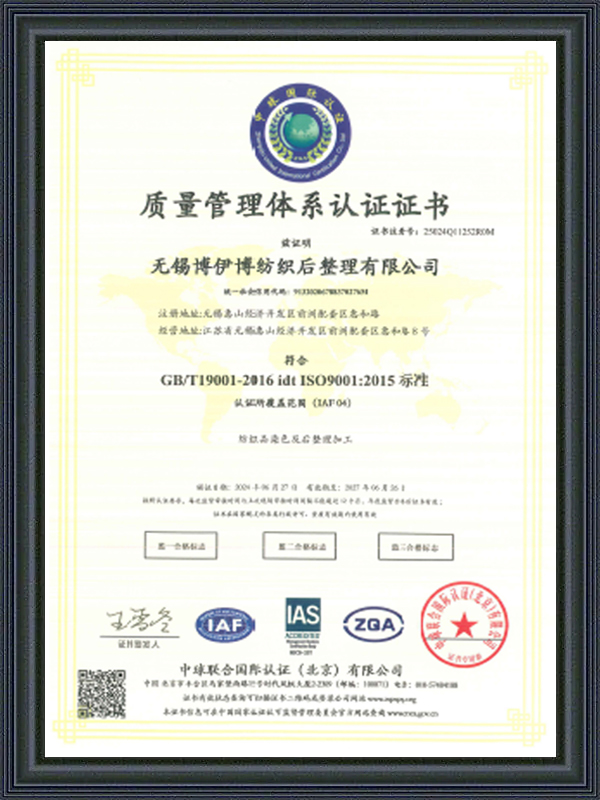
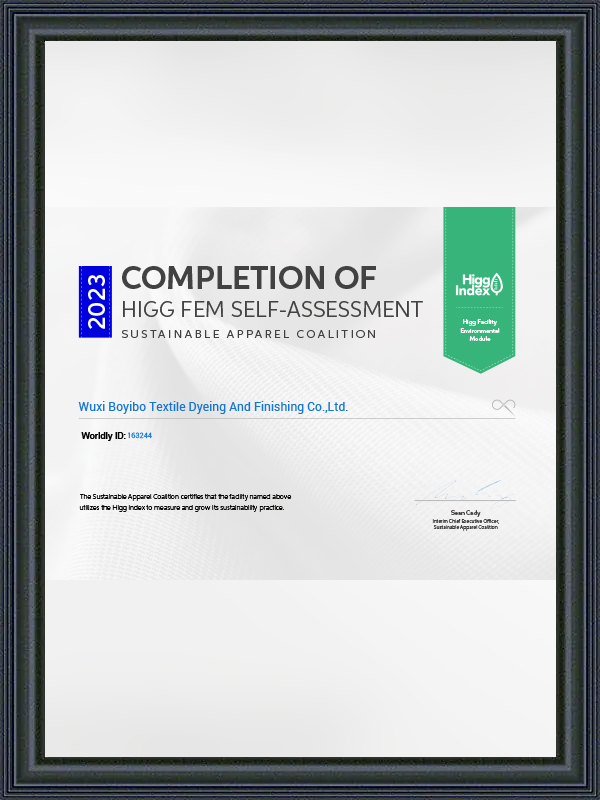
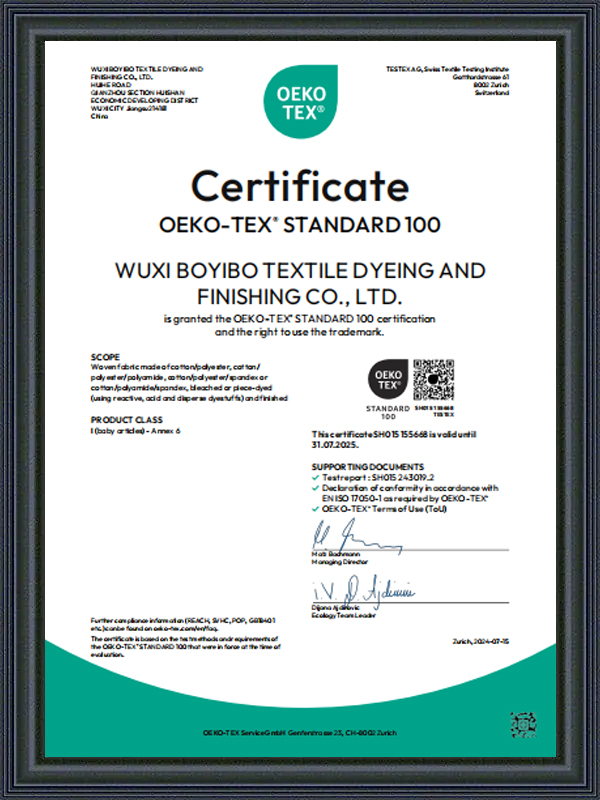

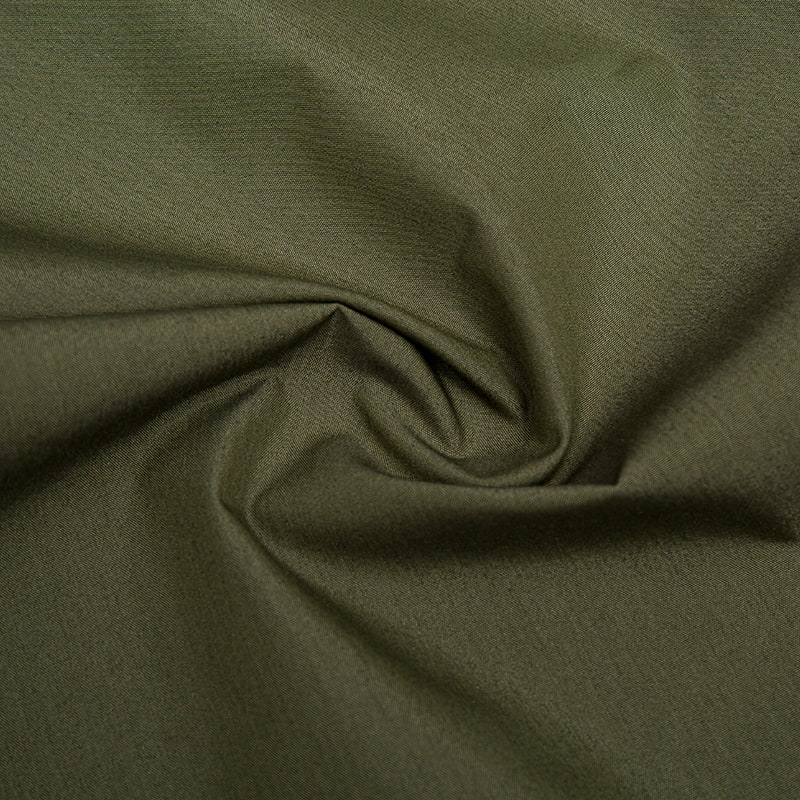
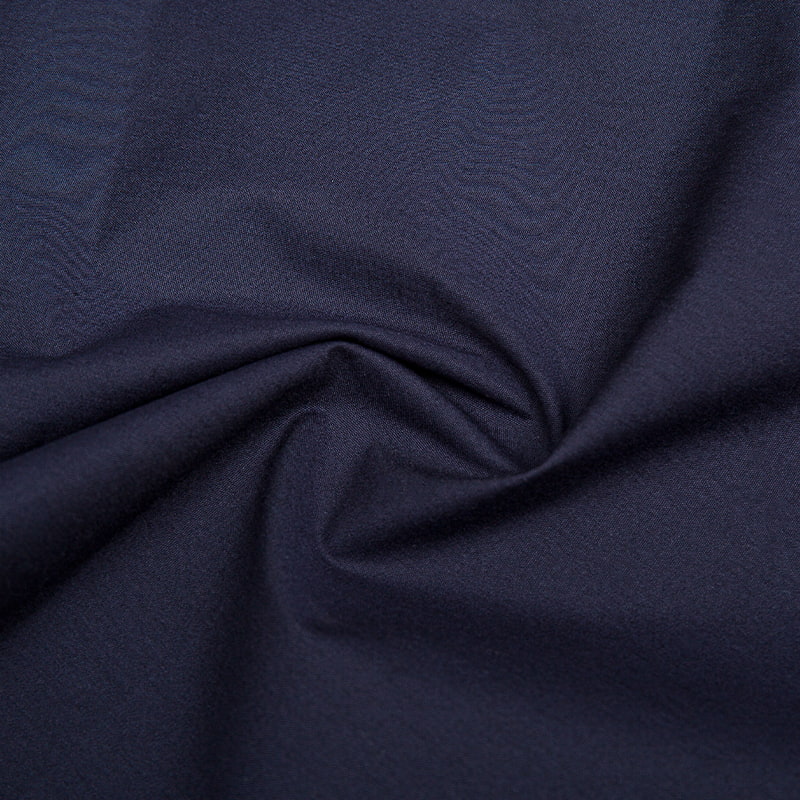
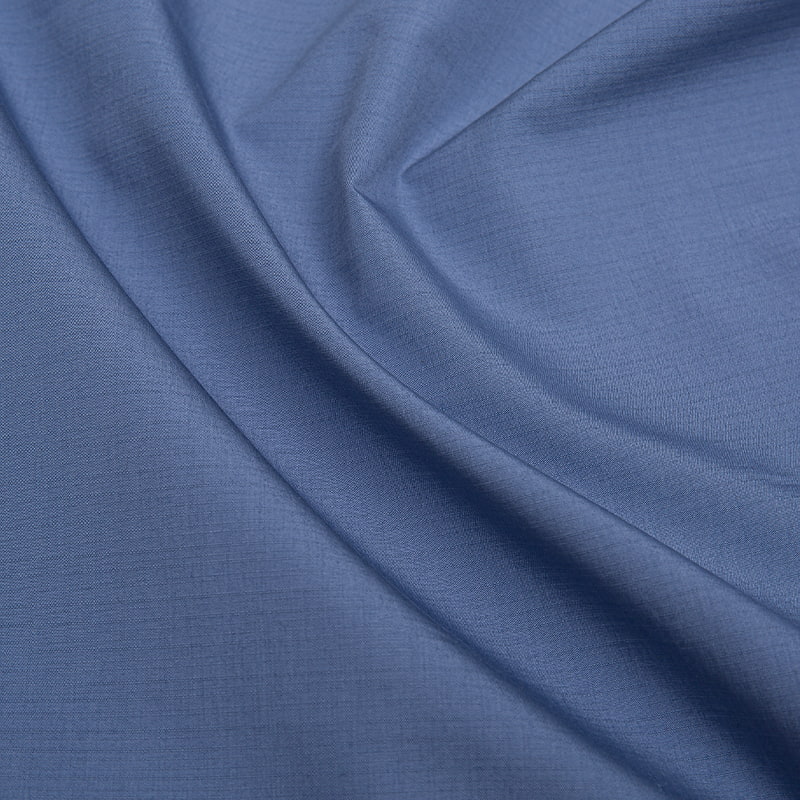
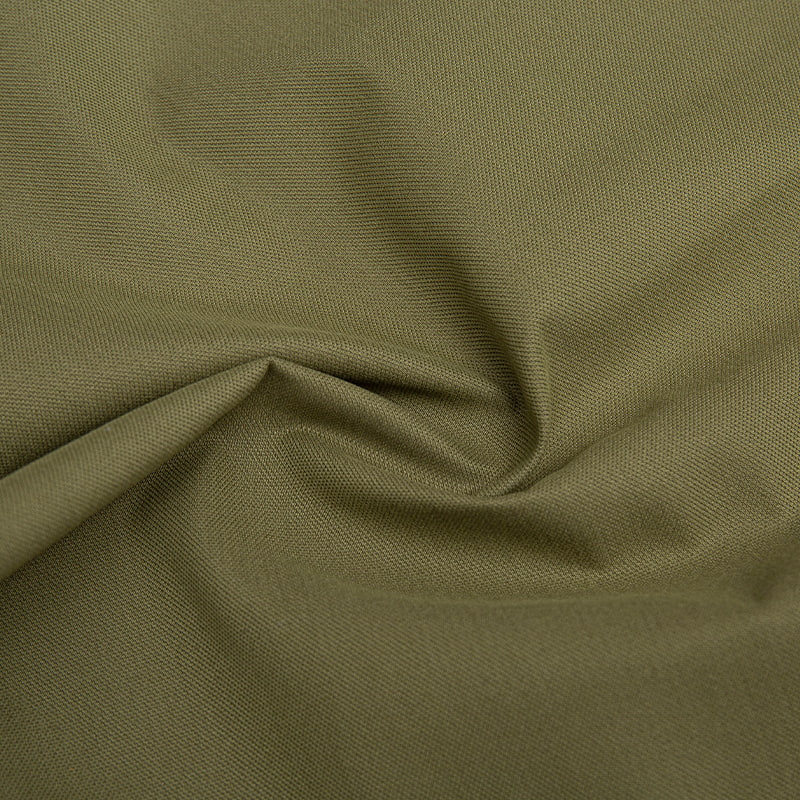
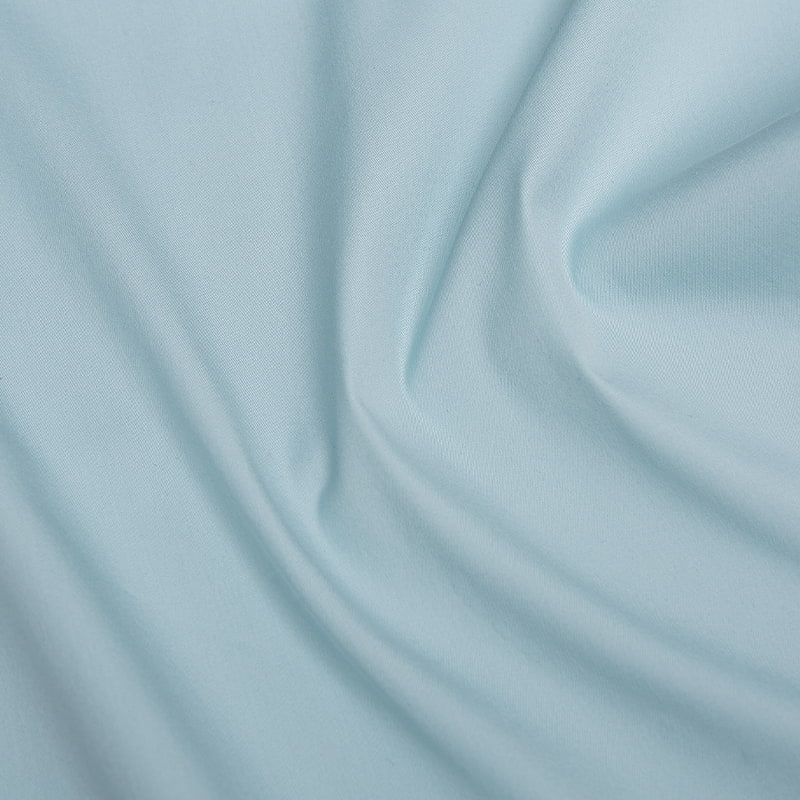
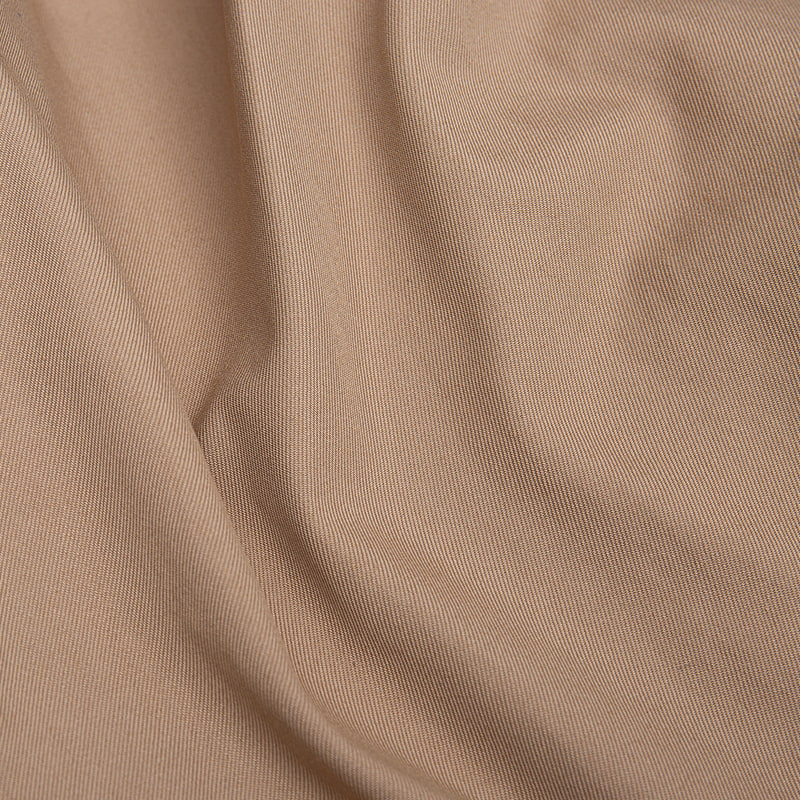
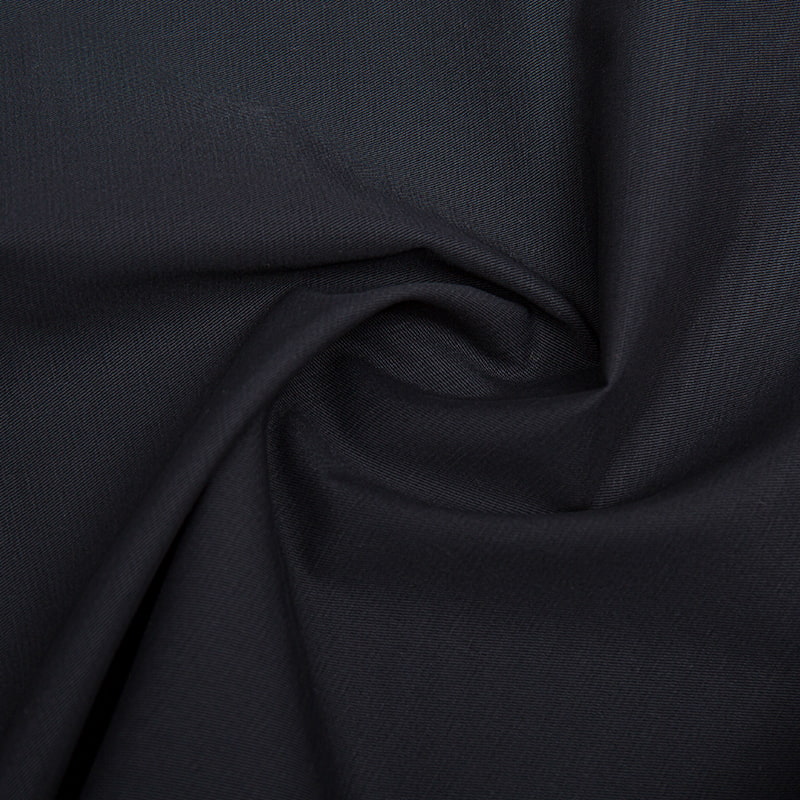
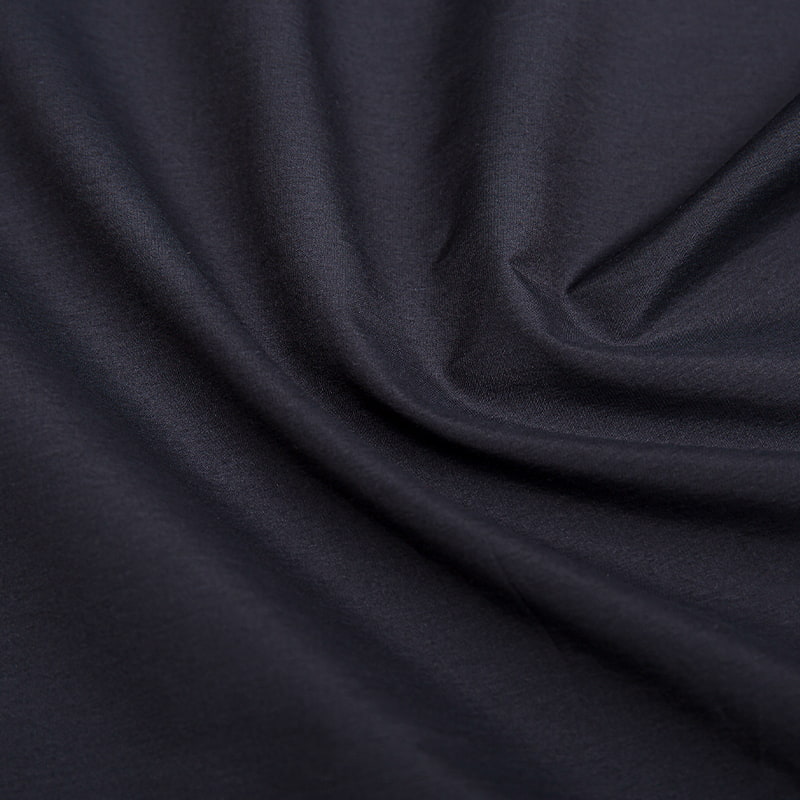
 2024-12-09
2024-12-09 

